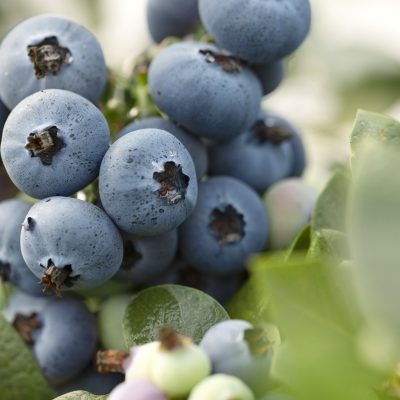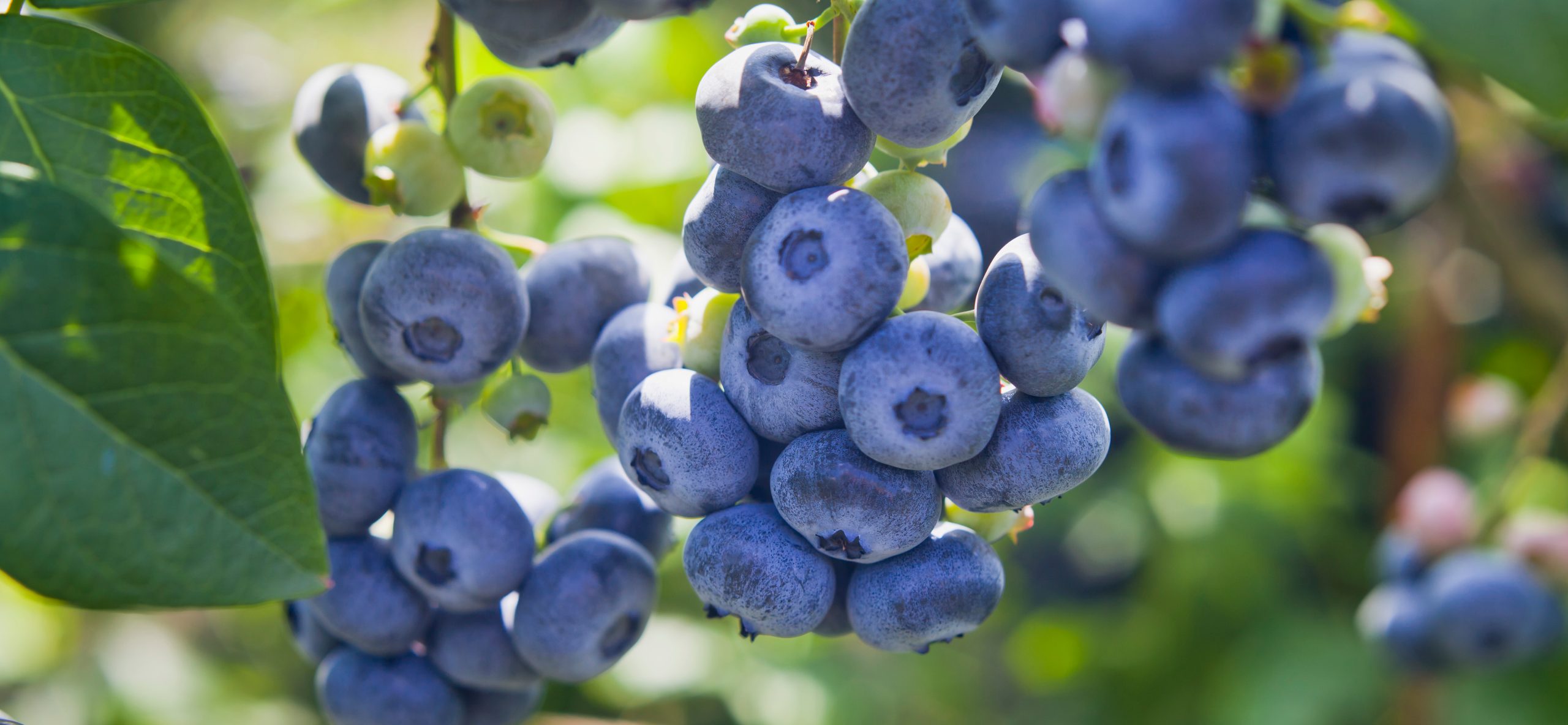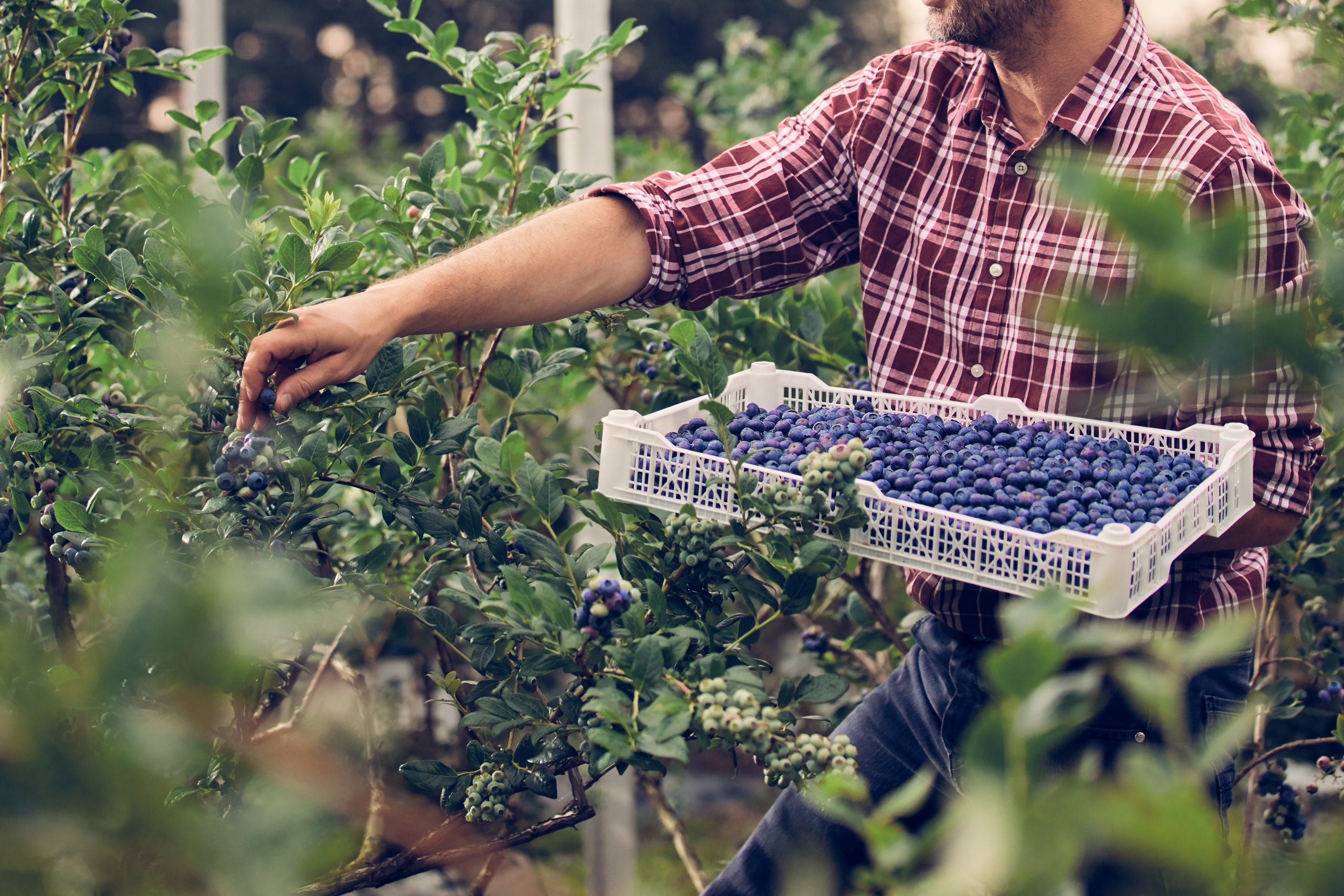When fighting bugs, blueberry popularity makes pesticide use difficult
 Georgia’s blueberry growers are holding their breath, waiting for spring.
Georgia’s blueberry growers are holding their breath, waiting for spring.
They’re waiting to see how a new pest, the Spotted Wing Drosophila, survives the winter after its first big year in Georgia where it combined with flooding to cause $10 to $20 million in fruit losses.
“It has the potential to do to the small fruit — blueberry, blackberry, strawberry — what the boll weevil did to cotton back in the ‘20s,” said Albert Wildes, president of the Georgia Blueberry Growers Association, who has farms in Alma.
Georgia is the third largest producer of blueberries in the U.S., right after Michigan and New Jersey. The industry in total is worth $100 million.
“It’s kind of the worst-case scenario for them, and of course they’ve done nothing wrong,” said Dan Horton, a professor and extension coordinator for the entomology department. “Nature and globalization don’t always go together well.”
SWD is native to southeast Asia. It was first discovered in the United States in Hawaii where it wasn’t considered a pest because temperatures were too warm for it to prosper.
In 2008, it cost California’s strawberry and sweet cherry industries $2 billion. It began to be an economic problem in the southeastern United States in 2011, when tropical depressions revealed a critical weakness in the control methodology, Horton said.
The typical 90-degrees-or-higher weather in southern Georgia lessens the fly’s fecundity — or reproductive capacity. A tropical depression can lower the temperature into the ‘80s in those affected regions, which is enough to let the fly reproduce, Horton said. Rain in high amounts can also wash off insecticides which cannot be reapplied until everything dries out.
Tropical depression Debby enforced that lesson for small fruit growers in southern Georgia in June, where some farms got 31 inches of rain in a month.
“Between flooding and the Spotted Wing Drosophila, Georgia small fruit growers — primarily blueberry people — they lost about $10 million in a 10-day period of time,” Horton said. “To say the very least, the industry is concerned.”
Most of the fresh market blueberries were harvested by the time the storm hit, so consumers probably would not have been affected price-wise at the grocery store, Wildes said. But all markets, from Georgia to Michigan, have been affected.
The blueberry industry is relatively new in Georgia. Wildes said major production on his farm in Alma only began in earnest in the 1990s.
There were no significant insect pests of blueberries in Georgia 30 years ago, Horton said. Pesticides were rarely used. Now, aside from the SWD, there are midges, thrips and leaf hoppers attacking Georgia’s blueberries. There is little research on SWD to help farmers defend against it.
“What we really have now is a great need for research, because we have a control system that in dry weather will work,” Horton said. “But, there’s a major problem with it — it’s insecticide based.”
Most of the genus Drosophila feeds on overripe fruit — so overripe that most people wouldn’t want to eat it, Horton said. The Spotted Wing Drosophila, or Drosophila suzukii, on the other hand, likes ripe fruit fit for human consumption.
“That is a really big line in the sand that makes this insect a pest where most of its relatives are not,” he said.
Blueberries have had “meteor-like growth” in popularity, Horton said, because they taste good, are easy to prepare and are healthy. Horton said growers are hesitant to ruin that ideal by using pesticides to fend off SWD.
“Even the perception that this is a crop that has to be sprayed a lot is a really big concern to the industry,” he said. “They are very much about seeing if they can get additional help in terms of entomology.”
Austin Martin, a senior ecology student from Athens, worried about insecticides getting into aquatic ecosystems.
“I don’t want to abolish it,” he said. “But I think that application should be intelligent and measured.”
Horton said research on SWD in Georgia’s environment is needed to determine if there are any natural weaknesses to exploit. Possible options are spraying edible waxes on the berries or finding an alternative host plant for the fly, Horton said. The important thing is to diversify control practices in order to limit insecticide use.
“We’re stressed right now with a lack of knowledge on the thing,” Wildes said. “We don’t know how it over winters, so we don’t know what we’re going to face next year.”






